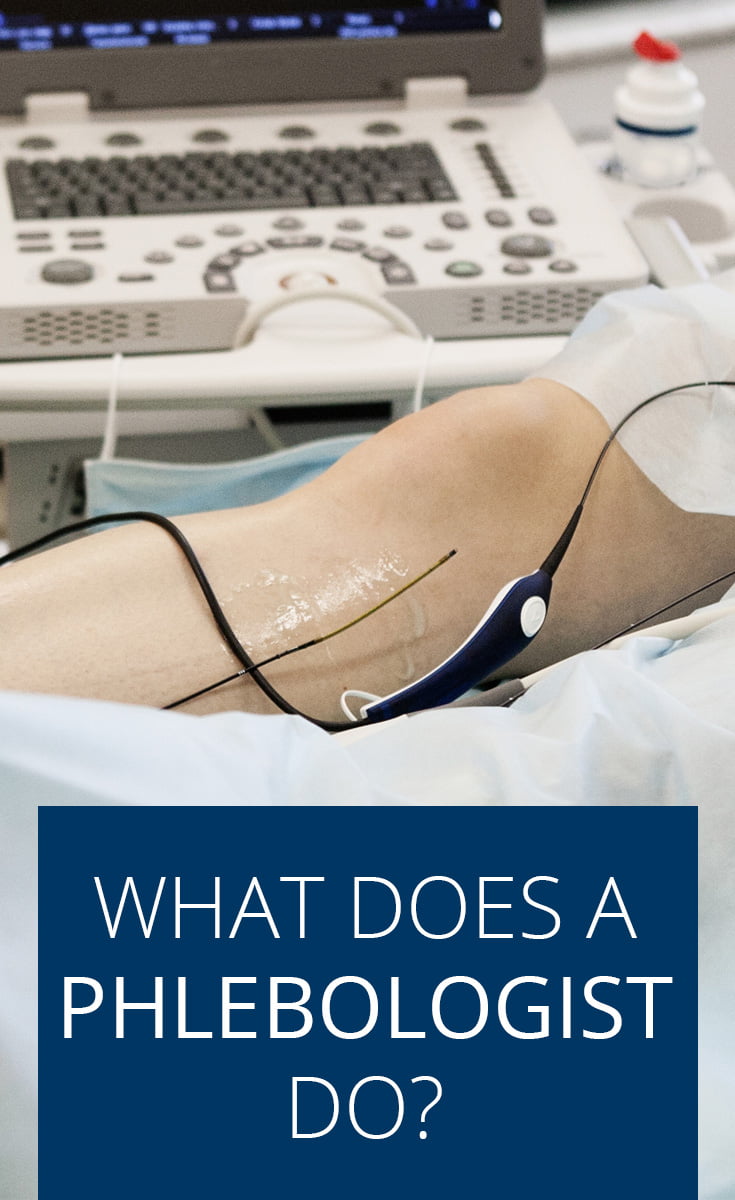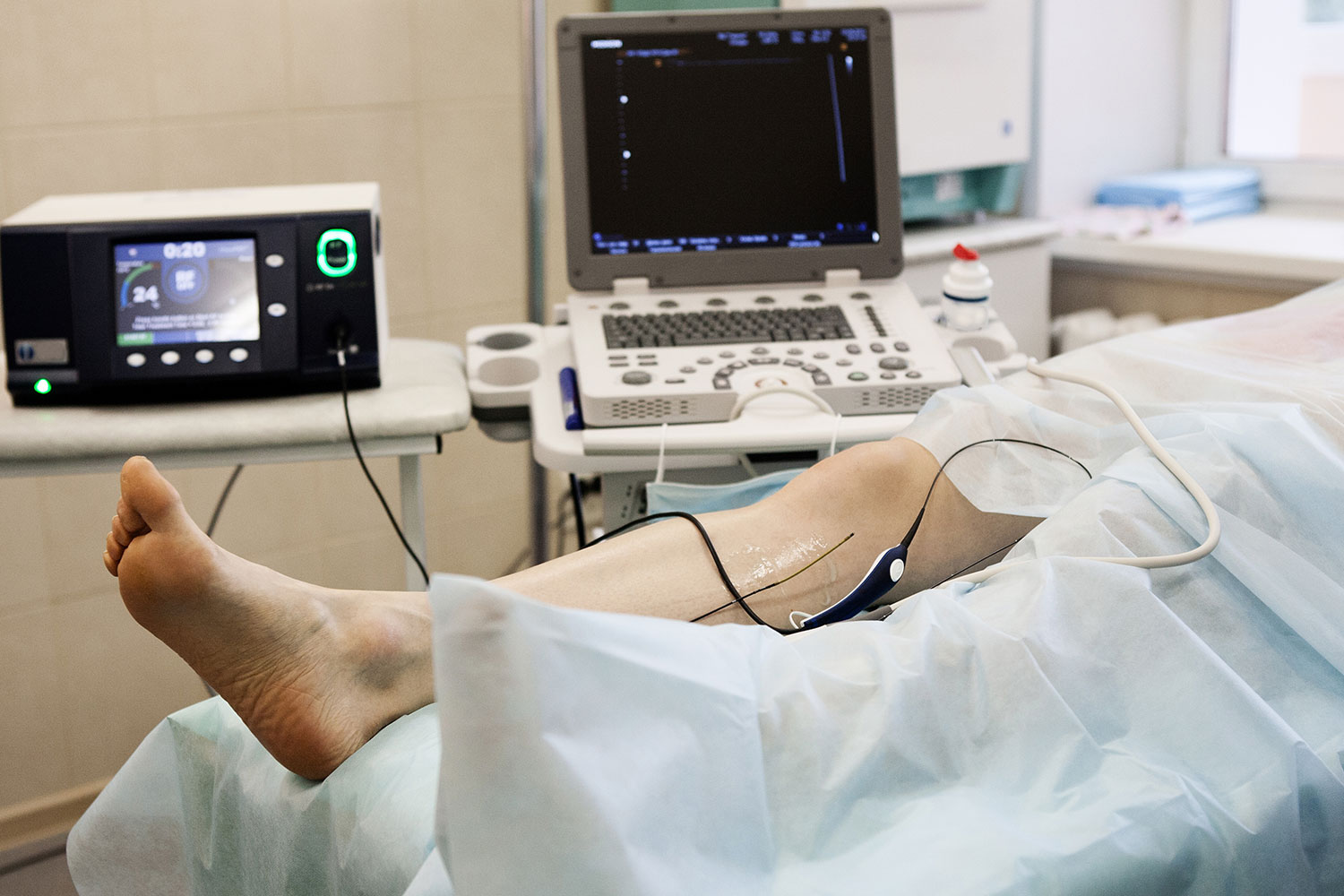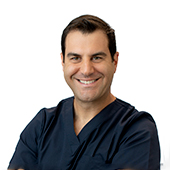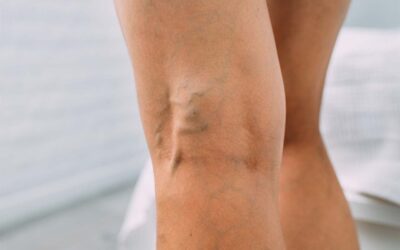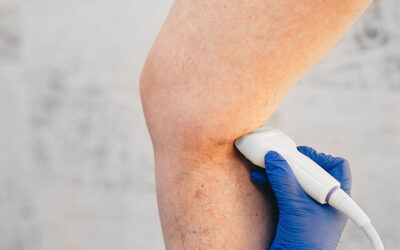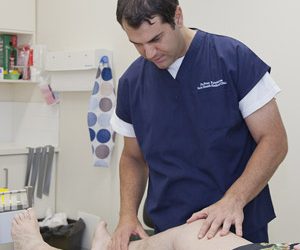What is a Phlebologist?
A phlebologist is a Doctor of Medicine with post-graduate training in the diagnosis and treatment of vein disease. In Australia, the title Phlebologist is given to those who have undergone rigorous training and examination to become Fellows of the Australasian College of Phlebology.
What are the qualifications of a Phlebologist in Australia?
To become qualified and entitled to use the title Phlebologist, a Doctor of Medicine must have the following:
- Registration to practice medicine in Australia or New Zealand.
- A recognised medical postgraduate qualification (eg: Fellowship of the Royal Australian College of General Practitioners or FRACGP), OR 3+ years postgraduate experience in clinical medicine.
- Completed at least two years of general training in a teaching hospital.
- Completed the 4-year training program and pass the Fellowship exam of the Australasian College of Phlebology.
What vein diseases do phlebologists treat?
Varicose veins, spider veins, blood clot disorders, vascular birthmarks, leg ulcers, and related disorders are all conditions phlebologists treat. These vein conditions may be caused by genetic factors, lifestyle, injury, or after an unrelated operation. However, the most common condition they treat is varicose veins and spider veins. These are commonplace in women and men with a strong correlation to a family history of venous disease. However, they may also be worsened by hormonal fluctuations from adolescence, pregnancy, menopause, or extra pressure exerted on veins by pregnancy.
The other common presentation is long-standing problematic leg veins that have progressed into more serious and chronic symptoms. For example, if a patient presents with an ulcer that has been hard for the family doctor to heal, a phlebologist will investigate if there are underlying diseased veins that may be causing the ulcer. You can learn more about chronic venous disease here.
Who treats varicose veins?
When healthy veins, which normally convey deoxygenated blood from the extremities back to the heart, become incompetent they are known as varicose veins (or venous insufficiency). All along the interior of the veins is a stepped system of valves that open and close to propel blood flow in one direction. The faulty veins will not heal on their own, and neither supplements nor home remedies have ever been proven to be effective at healing them. But this is where a phlebologist can step in.
Phlebologists do thorough examinations, including ultrasound, to precisely identify the cause of the problem. If the origin of the varicose veins is not found and treated along with whatever vein is visible, in the future, more diseased veins will form from the same starting point. That’s why ultrasounds and having the source vein treated are so vital, as it lowers the risk of recurrence.
How does a Phlebologist treat varicose veins?
Sclerotherapy (both with the naked eye and under ultrasound guidance) is a powerful tool used by vein doctors when treating varicose veins. A special solution called a sclerosant is injected into the problem veins. It irritates the inside wall of the vein, causing it to collapse, eventually harden over and heal.
Phlebologists in Australia and around the world were instrumental in the modern-day advancements in Sclerotherapy, which when used correctly, can help heal venous ulceration and severe varicose vein skin changes.
Phlebologists in Australia were also pivotal in pressing for the Department of Health approval of the introduction of Endovenous Ablation techniques to treat larger internal veins. These techniques are gradually replacing traditional stripping and in many countries such as the US and UK, are the first-line recommended treatments.
These state-of-the-art treatments include Endovenous Laser Ablation and Radiofrequency Ablation. Endovenous laser ablation uses ultrasound guidance, to insert a laser fibre into the problem vein, thermal energy is then activated, injuring, and sealing the leg vein closed. Similarly, radiofrequency ablation also uses ultrasound guidance. A radiofrequency fibre is inserted into the vein, and thermal energy is activated, which seals the vein closed.
More recently, Phlebologists have introduced a remarkable advancement in the treatment of saphenous veins, medical adhesive vein closure. This treatment involves the application of medical-grade superglue into the damaged vein to safely and permanently seal the vein shut.
Do I need a referral from a GP to see a Phlebologist?
No, a referral is not compulsory, but it’s helpful if we have one.
A referral gives us your essential medical history which may influence how we approach the treatment of your vein disease. It also gives us an opportunity to report back to your General Practitioner on how the treatment is progressing.
Is there a Medicare rebate for treatment and assessment?
Medicare rebates are available for both your initial visit and ongoing treatment with an accredited Phlebologist.
What will the Phlebologist do during a consultation?
Your phlebologist will assess your medical history and perform a clinical examination of your areas of concern. This very detailed duplex ultrasound scan will take approx. 30-45 minutes and will outline all the abnormal veins in the affected legs. Once all the information is collected Dr Paraskevas will explain the findings and create a custom vein treatment plan.
Dr Paraskevas will detail the type of procedures you are a candidate for, and how many treatments will be required. You will also have time to ask questions about your symptoms, your vein treatment plan, and your recovery.
Key Takeaways
- Phlebologists are medical doctors who have trained to become Fellows of the Australasian College of Phlebology.
- Phlebologists diagnose and treat varicose veins, spider veins, clotting disorders, vascular birthmarks, leg ulcers, and related disorders. They most often treat varicose and spider veins.
- Treatments for varicose and spider veins include sclerotherapy, ultrasound guided sclerotherapy, endovenous laser ablation, radiofrequency ablation, and VenaSeal glue.
- No GP referral is necessary, but it can be helpful to get comprehensive treatment.
